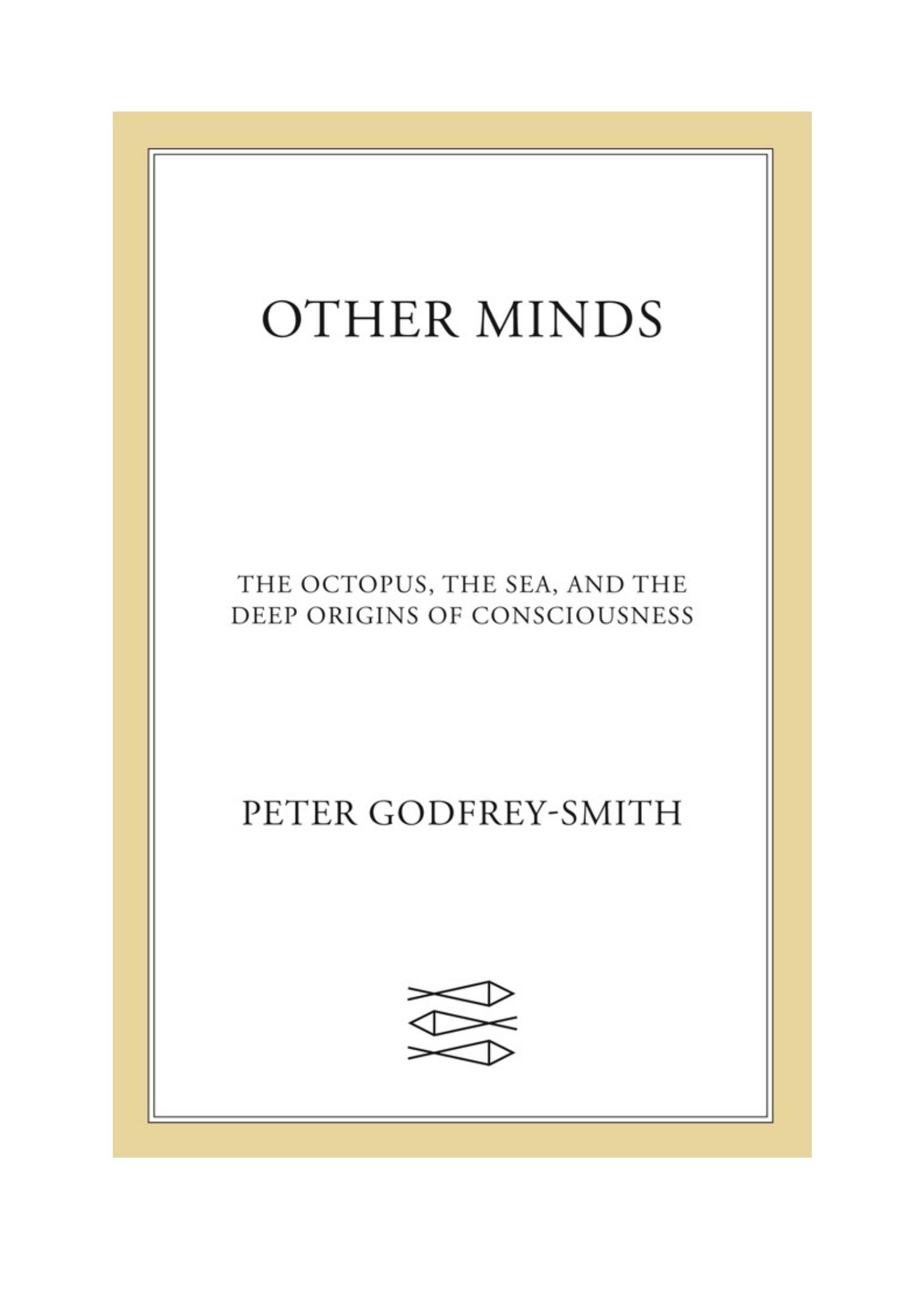

We know our species as Homo sapiens, “wise man”. According to Aristotle, humans are distinguished from other living things because only we possess a rational soul. Humanity has traditionally justified its supremacy over all other animals – the fact that we breed them and keep them in cages, rather than vice versa – by our intellectual superiority.

In the 21st century, findings such as these are helping to drive a major shift in the way human beings think about animals – and about ourselves. Monitors attached to the birds’ throats found that when they were asleep, their muscles sometimes moved in exactly the same pattern as when they were singing out loud in other words, they seemed to be dreaming about singing. In 2018, for instance, a team at the University of Buenos Aires found evidence that zebra finches, whose brains weigh half a gram, have dreams. A recent wave of popular books on animal cognition argue that skills long assumed to be humanity’s prerogative, from planning for the future to a sense of fairness, actually exist throughout the animal kingdom – and not just in primates or other mammals, but in birds, octopuses and beyond. Such discoveries are becoming less surprising every year, however, as a flood of new research overturns longstanding assumptions about what animal minds are and aren’t capable of. But giraffes’ brains are much smaller than primates’ relative to body size, so it was notable to see how well they grasped the concept. Monkeys have passed similar tests, and human babies can do it at 12 months old.

In repeated trials, the four test giraffes reliably chose the hand that had reached into the container with more carrots, showing they understood that the more carrots were in the container, the more likely it was that a carrot had been picked. A researcher then took one slice from each container and offered them to the giraffe with closed hands, so it couldn’t see which vegetable had been selected. One container held mostly carrots, the other mostly courgettes. In the experiment, a giraffe was shown two transparent containers holding a mixture of carrot and courgette slices. A team of researchers from Spain and Germany recently took advantage of this preference to investigate whether the animals are capable of statistical reasoning. G iraffes will eat courgettes if they have to, but they really prefer carrots.


 0 kommentar(er)
0 kommentar(er)
